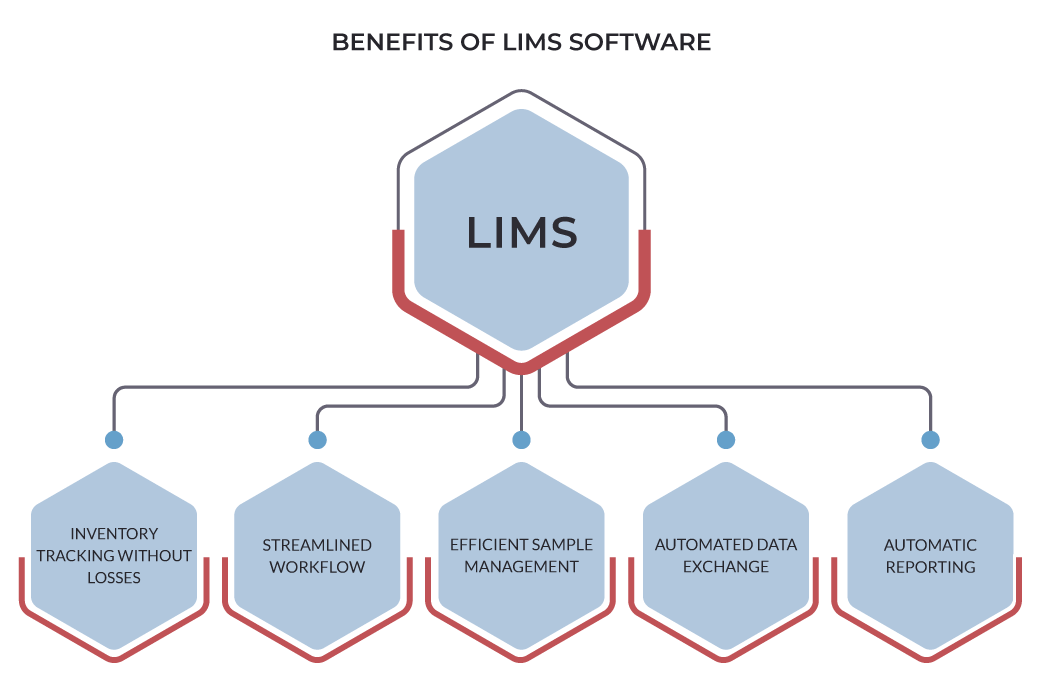Banking and Finance
56
While trading, fungi adhere to basic economic principles
- Rating
- trading biological
- networks fungi
- biological market
- fungus exchange
It's not uncommon to conceive of Wall Street brokers shouting at one other as a metaphor for trading and market interactions. Fungi, on the other hand, seem to be quietly performing a fundamental function of a free market.
As fungus exchange nutrients for carbon with their host plants, new study from a Rice University economist reveals that some networks of fungi accept an essential economic theory. Soil carbon storage, an essential instrument in climate change mitigation, may now be better understood in light of this discovery.
Published in the Proceedings of the National Academy of Sciences, the study titled "Walrasian equilibrium behaviour in nature" is accessible online and will be published in the near future. Ecological studies on arbuscular mycorrhizal fungal networks were studied by Rice University professor Ted Loch-Temzelides, who is also Rice's George and Cynthia Mitchell Chair in Sustainable Development and a professor of economics.
When it comes to competitive marketplaces, economists refer to them as "Walrasian" because of the way they think about them. We show in this study that Walrasian equilibrium, a prominent notion in economic theory of markets, can also be utilised to analyse trading in this "biological market.""
When it comes to competition, "fungi may demonstrate behaviour comparable to that in marketplaces with intelligent human players," Loch-Temzelides said. It also indicates that resources are distributed to the utmost advantage of market players — in this example, fungus and plants — by his discovery.
According to Loch-Temzelides, "Mycorrhizal fungus networks throughout the planet are projected to trap around 5 billion tonnes of carbon every year." Soil carbon might be stored more effectively if carbon from plants is traded at a lower price than nutrients, which would have a significant impact on climate change mitigation.
Research by biologists and economists such as Loch-Temzelides is hoped to improve our knowledge of these relationships.
Leave a Reply
Your email address will not be published. Required fields are marked *


